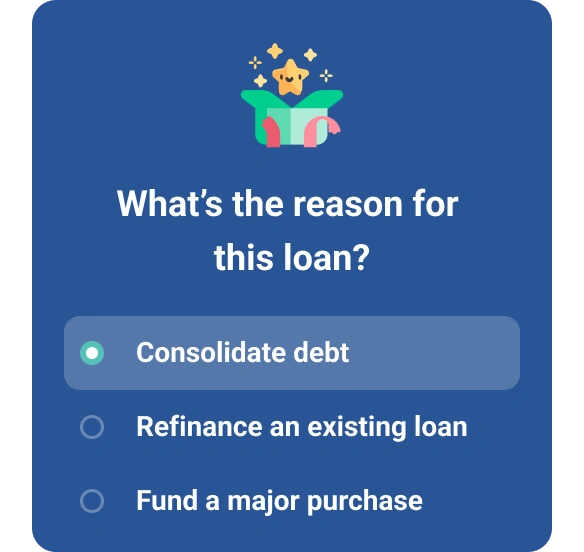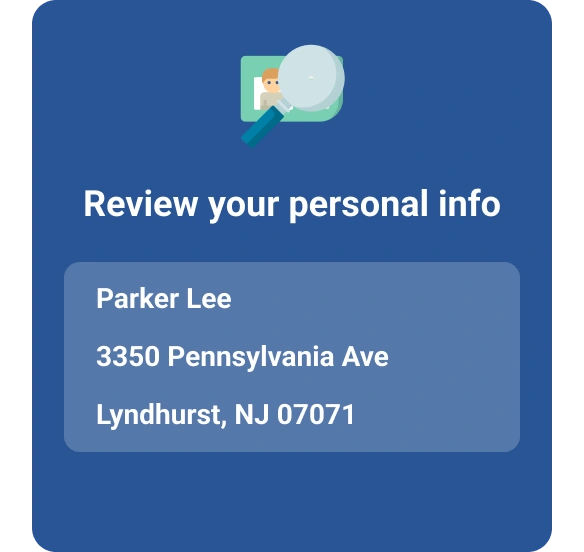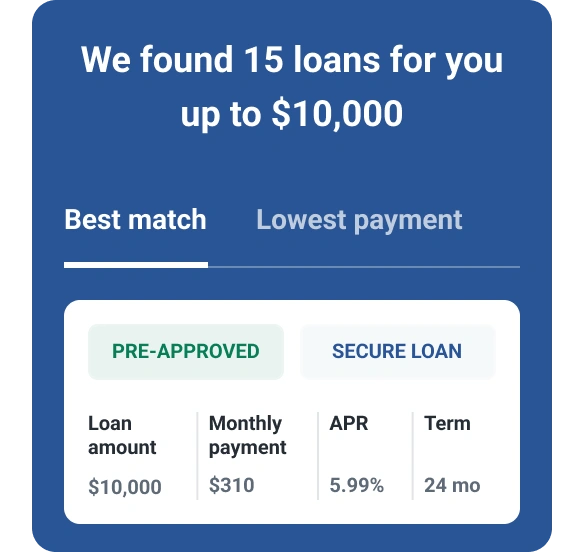What Is a Short-Term Personal Loan?
Quick Answer
Short-term personal loans include various types of loans that you have to pay back quickly, such as payday and pawn loans. They don’t require good credit, but often have high fees or interest, so try finding a lower-cost alternative.

Short-term personal loans are a type of unsecured installment loans. With these types of loans, you receive the entire loan amount upfront and repay the loan with periodic installments. While traditional personal loans have monthly payments and get repaid over several years, short-term personal loans are often repaid in less than a year or two.
What Is a Short-Term Loan?
A short-term loan isn't a specific type of loan. Instead, a short-term loan is simply one that has a short repayment period, or term.
What counts as a short term can vary, but you might need to repay the loan within a couple of weeks or months. Even loans that you have to repay within one or two years could be considered short-term loans.
Payday loans, auto title loans, pawnshop loans and high-cost installment loans are examples of short-term loans.
These types of loans often share other characteristics as well:
- High interest rates or fees
- Frequent payments, such as weekly or biweekly bills
- Low or no credit score requirements
Eligibility, interest rates and fees can depend on your creditworthiness, the loan amount and the lender. But people may look to short-term loans when they're in a financial bind and can't qualify for traditional loans that offer more favorable terms.
Pros and Cons of Short-Term Loans
Short-term loans have their place, but consider a few of the pros and cons, and some of the alternatives mentioned below, before applying.
Pros
- Easy to qualify for: Lenders will often review your creditworthiness and consider your income and history with similar types of debt. But they won't always check your credit history or require a good credit score.
- Fast funding: You might be able to receive the funds within one or two business days, or get the money the same day if you go to a storefront lender.
- High loan limits: You might be able to borrow several thousand dollars with an auto title loan or high-cost installment loan.
Cons
- High rates and fees: Lenders often charge higher interest rates or loan fees on short-term loans.
- Short terms make repayments difficult: Frequent payments can make it difficult to repay the loan and your other household bills. Some borrowers end up rolling over the loan to extend its term, or taking out a new loan to pay off the current loan.
- More fees than other types of loans: You might be charged fees that aren't as common on other types of loans, such as processing fees or a fee to roll over the loan.
Alternatives to Short-Term Loans
Short-term loans often aren't the best option because of the high financing costs and frequent payments. Realistically, they may be one of the few options if you don't have good credit. But also consider these alternatives before seeking out a short-term loan:
- Call 211: The free 211 hotline can help look into and recommend programs and organizations that might be able to lower your bills or offer financial assistance.
- Hardship and payment protection plans: Your current lenders and credit card issuers may have hardship programs or payment protection plans that can temporarily lower or pause your monthly payments, freeing up money for other expenses.
- Credit cards: Credit cards often have high interest rates, but they could still be much more affordable than the rates and fees on some short-term loans. Credit card cash advances may have even higher interest rates than a credit card's rate for purchases, plus fees, but could still be better than a payday loan.
- Paycheck advance programs: Ask your employer or look into paycheck advance apps that allow you to get an advance on your paycheck without paying a high, or any, fee.
- Payday alternative loans: Some credit unions offer payday alternative loans (PALs), including an option that might give new members a one- to 12-month loan for up to $2,000 with a maximum interest rate of 28%.
- Friends and family: Ask a friend or family member for a small loan or help paying bills. They might offer a low- or no-cost loan, but consider the personal ramifications if you can't afford to pay them back.
- Get a cosigner: You could also ask a close friend or family member who has good credit to cosign a loan. A creditworthy cosigner can help you qualify for more favorable loan offers. But if you miss a payment, that could also hurt their credit.
Get Matched With Loan Offers
It's always a good idea to compare offers before taking out a loan. You can check your Experian credit report and credit score for free to get a sense of which types of loans you might be able to get. Experian can also try to match you with personal loan offers from our partners based on your credit profile.
Need a personal loan?
Whether you're looking to eliminate debt or access cash fast, compare personal loan offers matched to your credit profile.
Start now for freeAbout the author
Louis DeNicola is freelance personal finance and credit writer who works with Fortune 500 financial services firms, FinTech startups, and non-profits to teach people about money and credit. His clients include BlueVine, Discover, LendingTree, Money Management International, U.S News and Wirecutter.
Read more from Louis

